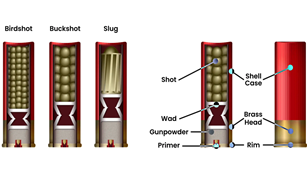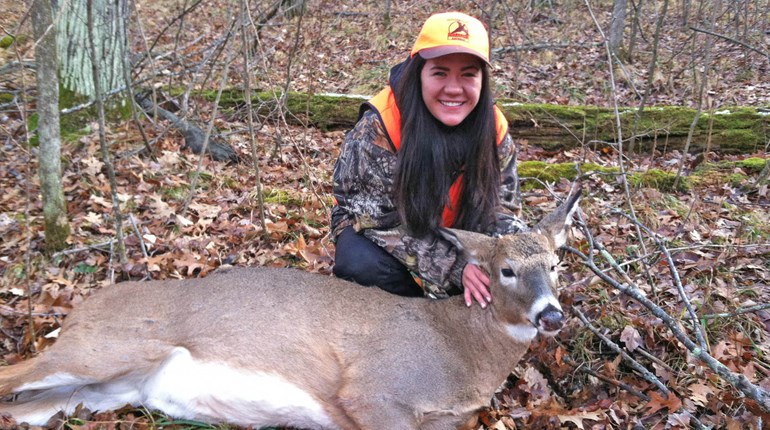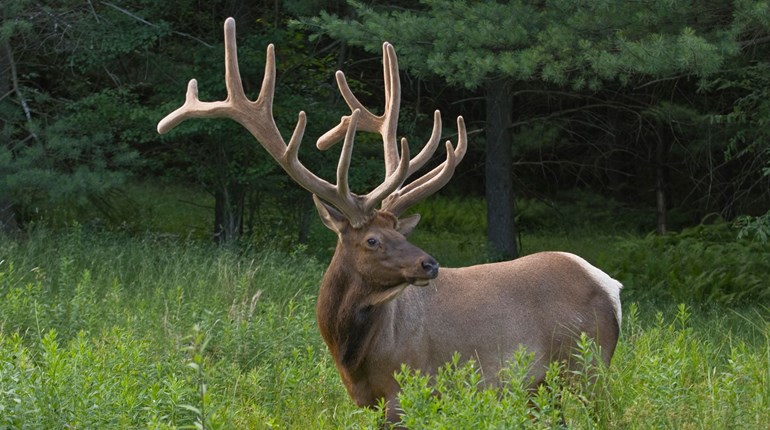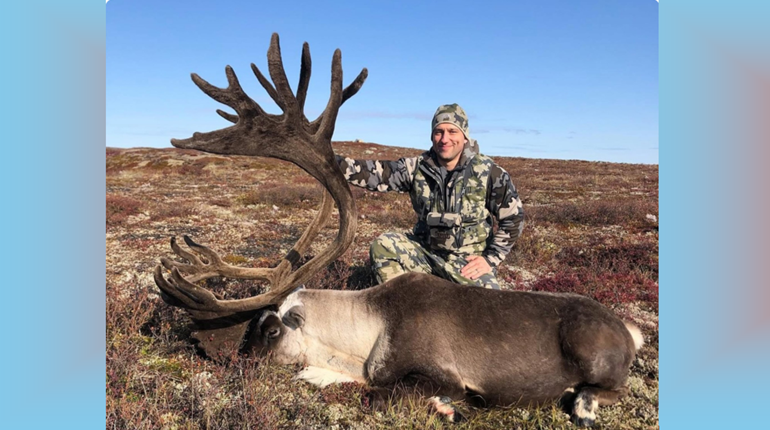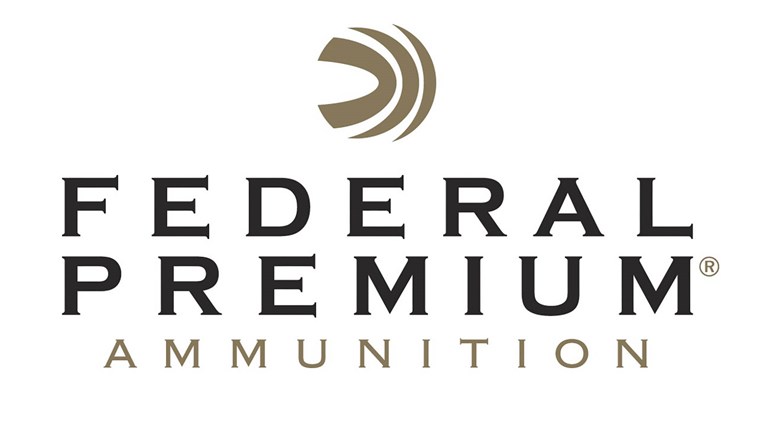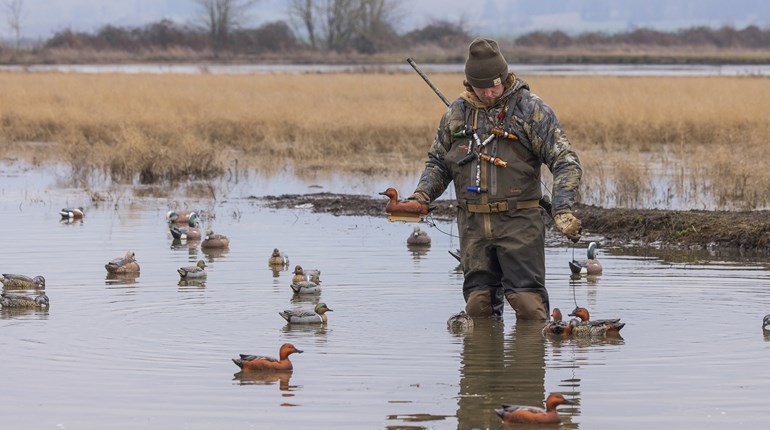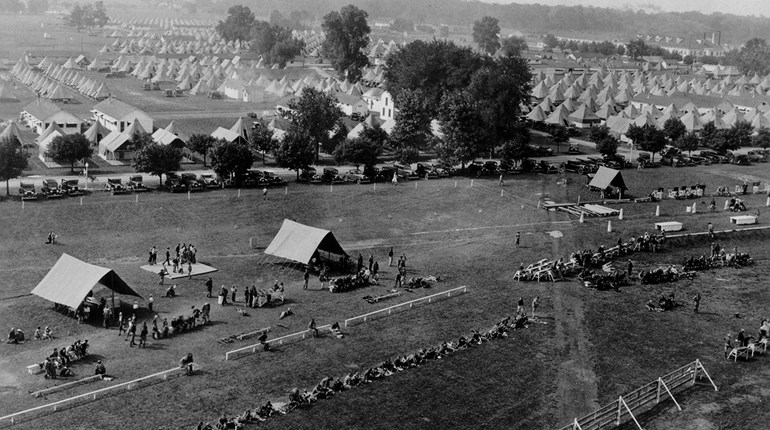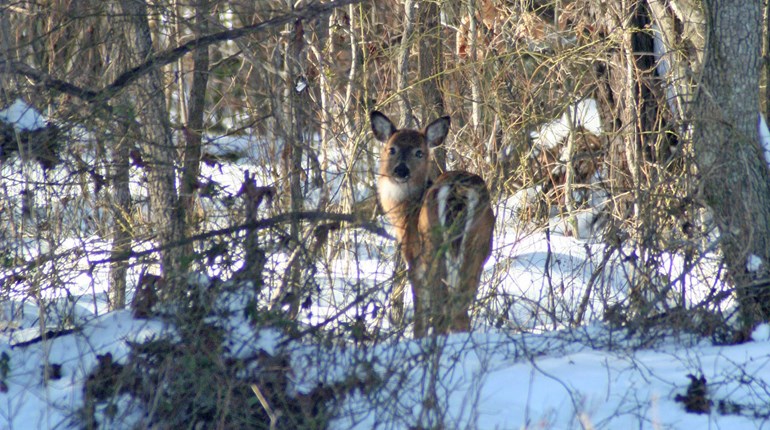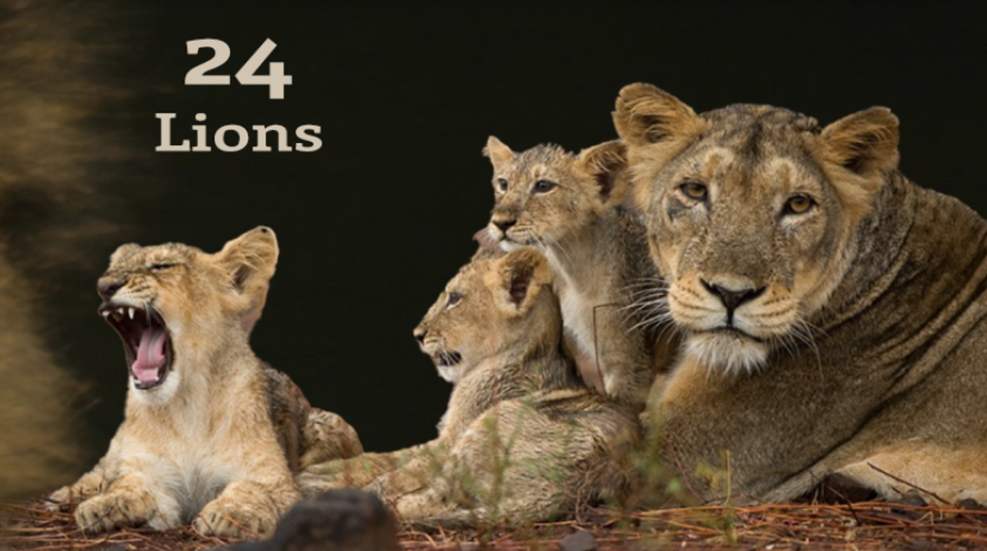
Back in 2018, the Cabela family took on the largest wild African lion translocation in history. Called the 24 Lions initiative, it began with the goal to move 24 lions from South Africa into the Coutada 11 area of Mozambique. As we wrote at the time, "African lions demand lots of habitat to thrive, and vast as the continent is there are fewer and fewer wilderness areas in Africa that can support populations of these apex predators. In the mid-twentieth century the delta was one of Africa’s most productive ecosystems. Elephant, buffalo, lion and a host of other species were abundant in the area. But a violent civil war that raged for almost 20 years resulted in the indiscriminate killing of much of the delta’s game, and lions were the first to go."
Now, the Cabela Family Foundation has announced a major milestone for its 24 Lions initiative, moving 24 lions from South Africa into Coutada 11 of Mozambique. The significance of the move lies in the fact that there was not a viable population of lions in this area due to years of ongoing civil war, poaching, and due to the area being difficult for lions to access to recolonize. In fact, lions were considered “functionally extirpated” as of 2017.
Just seven years later, the initiative is has reached a milestone of significant importance, with the family announcing the population has surpassed 100 lions. Worth noting is the fact that all of the funding for the project was raised by the Cabela Family Foundation and a sustainable hunting and conservation model, lead by Zambezi Delta Safaris.
“Stepping into the unknown and taking this project on back in 2018 was full of uncertainties,” said Dan Cabela, Executive Director of the Cabela Family Foundation. “However, through lots of commitment and hard work, we’ve done something incredible special, and changed the landscape of lion conservation around the world. To know there’s a large, thriving population of lions in this area now is a humbling piece of our family’s legacy.”
The initiative has now successfully added approximately 6-9% of the wild African lion’s range in Mozambique. Habitat loss and human encroachment continue to be the two biggest issues around African lion conservation today. However, this initiative has shown what happens hunting is utilized as a core tenant of conservation practices in an area. The area utilizes a community conservation model that puts money directly back into the anti-poaching, monitoring, and research of the lions.
“This has been an incredible journey, one where the Zambeze Delta team got to work side by side with Mary, Dan and the extended Cabela family,” said Mark Haldane, owner of Zambeze Delta Safaris and Zambeze Delta Conservation. “The only aspect that has exceeded the success of this operation is the hands-on support the Cabela Family Foundation gave us. ”
The lion is perhaps the most-iconic of all African wildlife species, but a burgeoning human population has resulted in more conflict and a reduction in populations across the continent. Returning lions to this area of Africa is a critical step toward their preservation. The 24 Lions project is a success for wildlife conservation overall, and it has become the blueprint for what happens when wildlife conservation and hunting intersect.











